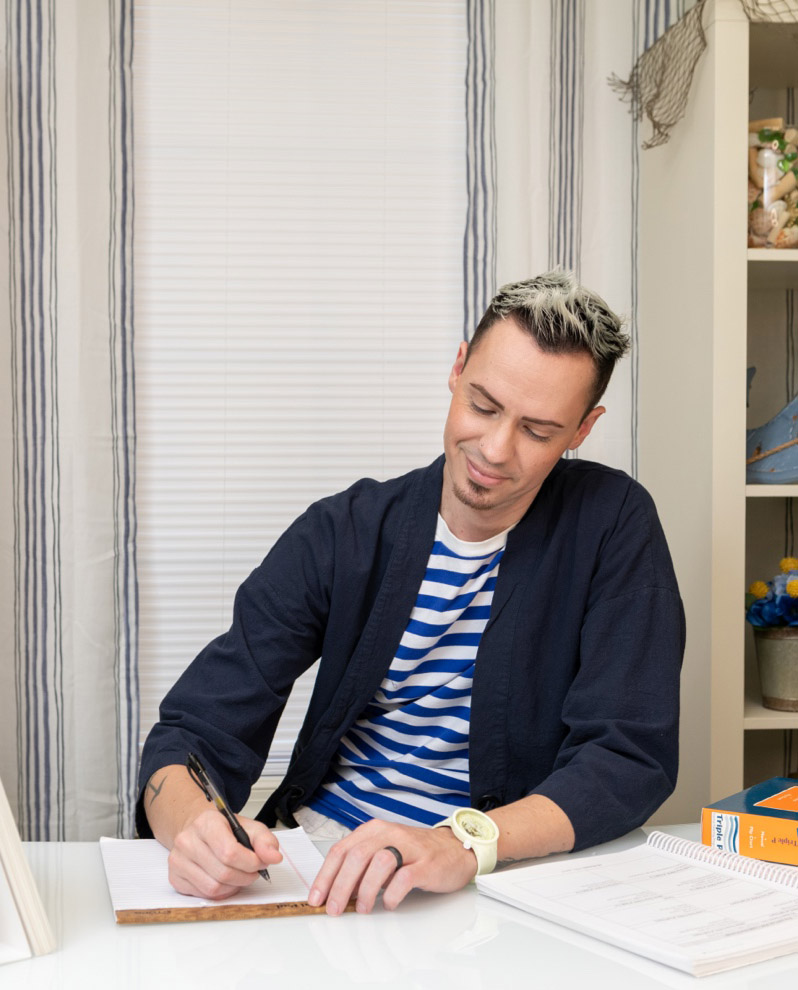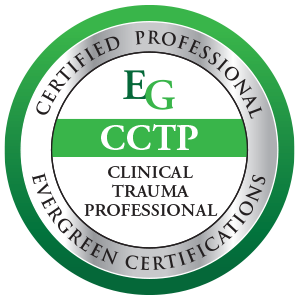Developing Healthier Self-Talk
Self-talk refers to the way that we talk to ourselves – our inner voice. It involves our thoughts and beliefs and biases, and can very much seem like a monologue going on inside our head even if we don’t always agree with it!
Self-talk is an incredibly important part of our daily lives, and it can have a significant impact on how we view ourselves and the world around us – even if we are not aware of it all the time. Developing healthier self-talk habits can lead to improved mental health, better relationships, increased confidence, and more overall happiness.
Developing healthier self-talk habits begins by noticing the tone and language that we use during these moments. You might realize that your self-talk is very critical, focuses on what is not going well, and/or uses judgmental language or insults when you are trying to motivate yourself to do something (e.g. You’re so lazy, That was so stupid, No one cares what you have to say). Once we have a better idea of what our self-talk is like, we can take more direct action into improving it.
Instead of focusing on what’s wrong or not working in their lives – which could be interpreted as negative criticism – try emphasizing the positives. This will help create a supportive environment where your teen feels comfortable expressing themselves without fear of judgment or ridicule from others.
For parents of teens or young adults, it can be helpful to model more positive self-talk by doing it out loud. Instead of focusing on what’s wrong or not working in their lives – which could be interpreted as negative criticism – try emphasizing the positives. This will help create a supportive environment where your teen feels comfortable expressing themselves without fear of judgment or ridicule from others. Additionally, encourage them to practice gratitude for all that they have instead of dwelling on what they don’t have; this will help foster healthy thinking patterns about themselves and their circumstances over time.
For teens and young adults, one of the best way to start developing healthier self-talk habits is by practicing being mindful with the thoughts you think about yourself throughout the day; if something comes up that isn’t helpful or doesn’t make you feel good, then try replacing it with something more positive instead. For example, instead of saying, “I’ll never be good at this” you may want to try saying, “If I practice then I will get better.” Try taking some time each day for reflection, so that you can become aware of when those negative thoughts creep into your headspace – this allows you identify them quickly before they spiral out control. Finally, remember that everyone makes mistakes, but learning from those experiences rather than beating yourself up



